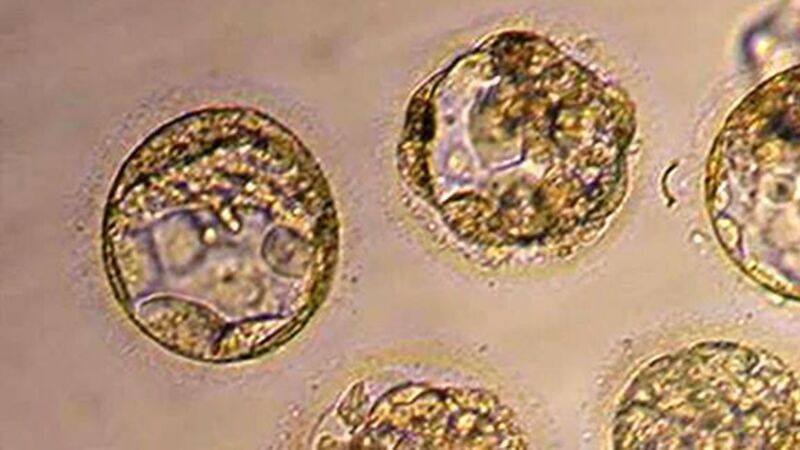2 embryos better than one for IVF success

In older women, the transfer of two embryos rather than one was less likely to lead to multiple births, low birth weight or premature birth than in younger women.
Decisions about how many embryos to implant during a single in-vitro fertilisation cycle are controversial.













